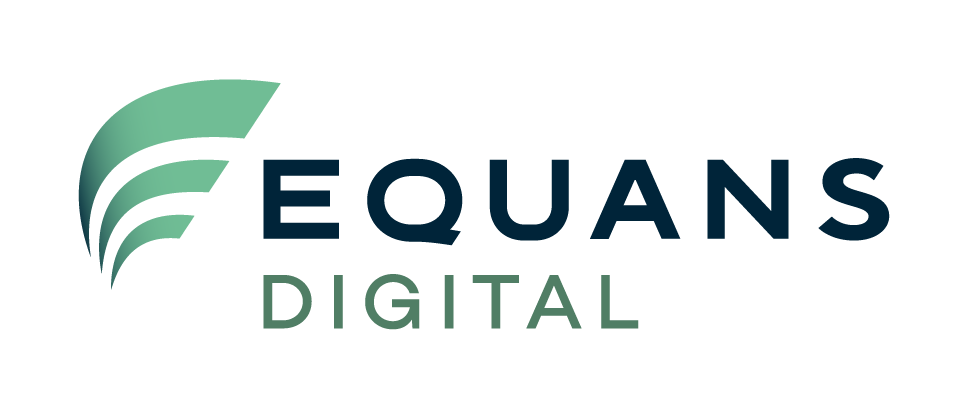What is IT support?
IT support takes the form of a service center staffed by experienced IT technicians. It is often the first point of contact between an IT organization and its users.
It can be managed by an in-house department or outsourced to a service provider specialized in the field.
What are the main tasks of the IT department?
The primary objective of an IT support service is to facilitate a company's day-to-day handling and operation of its IT infrastructure. This includes responding to requests for help from users and employees concerning the technological products and services used by the company. This enables them to get back up and running as quickly as possible.
Also, it monitors and maintains the company's IT systems, installs and configures hardware and software, and resolves any technical problems that arise. Overall, IT support ensures the maintenance of computer networks by providing a technical assistance service.
Through the implementation of reliable solutions to counter problems linked to the information system, the IT department ensures the smooth running of computer hardware.
What are the different levels of IT support?
How does an IT support service work?
The first phase in the operation of an IT support service is what we call assumption of responsibility.
It consists first of all in defining the technical scope of the interventions entrusted to support. Once defined, the department will deploy tools to facilitate troubleshooting. This includes setting up a tool for remote control of all workstations, if required. It will also deploy monitoring software to detect abnormal behavior on the network or other critical equipment. In addition, the support team must compile technical documentation for the entire perimeter (information on updates, antivirus, etc.).
The operating phase can then begin. The support department receives requests via various channels (phone calls, e-mails, support tickets etc.) and must sort, evaluate, prioritize alerts according to their severity and impact on company operations.
Alert management is an integral part of their daily work. They need to identify the underlying cause of alerts and take the necessary steps to resolve problems. This may involve providing instructions to users if the problem is minor, or coordinating with other technical teams if the problem is more complex. Once the problem has been diagnosed and resolved, the service team informs the user and closes the incident.
Also, it regularly analyzes support request trends to identify recurring problems, training gaps, system improvements and so on. This information helps to take corrective action and implement a continuous improvement approach to the information system.
Depending on the company's needs, on-call can also be set up.
Why outsource your company's IT support?
Often for lack of time or sufficient internal human resources, industrial companies choose to outsource this task.
To avoid an incident causing too much damage to the company's business, it needs to be resolved quickly. IT support must therefore be flexible, responsive and available; this is the ability that an external service provider knows how to demonstrate. Typically, they deal with many different companies, enabling them to build up a document base listing all the breakdowns they've had to deal with. This is a good point to benefit from a faster resolution.
In addition, specialized external service providers often have a team of experienced and qualified professionals capable of solving a wide range of technical problems. They also have access to cutting-edge technologies and more advanced support tools.
Finally, outsourcing IT support can help a company to reduce operational costs and focus more on its core business.
Equans Digital, your partner for IT support management
Equans Digital supports companies in the management of their IT systems.
Our mission is to set up, maintain, manage and optimize your IT infrastructure so that it is continuously available to all employees.
To achieve this, we offer a global approach to ensure the day-to-day operation of your information system. Together, we determine the roadmap that best meets your needs, with the implementation of short-, medium- and long-term actions.
Our teams benefit from in-depth knowledge of IT support, and are able to respond to all requests, even the most complex.


